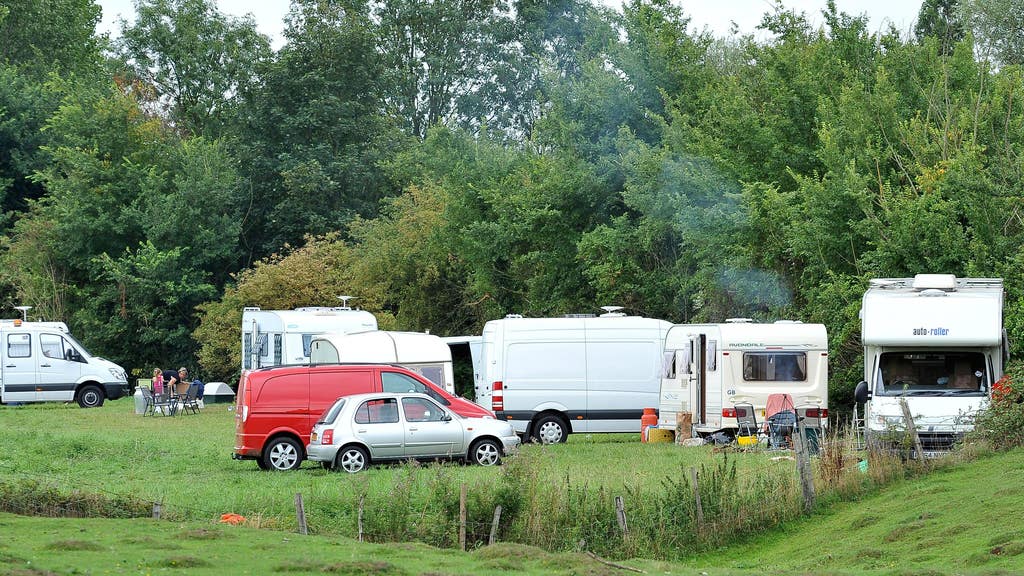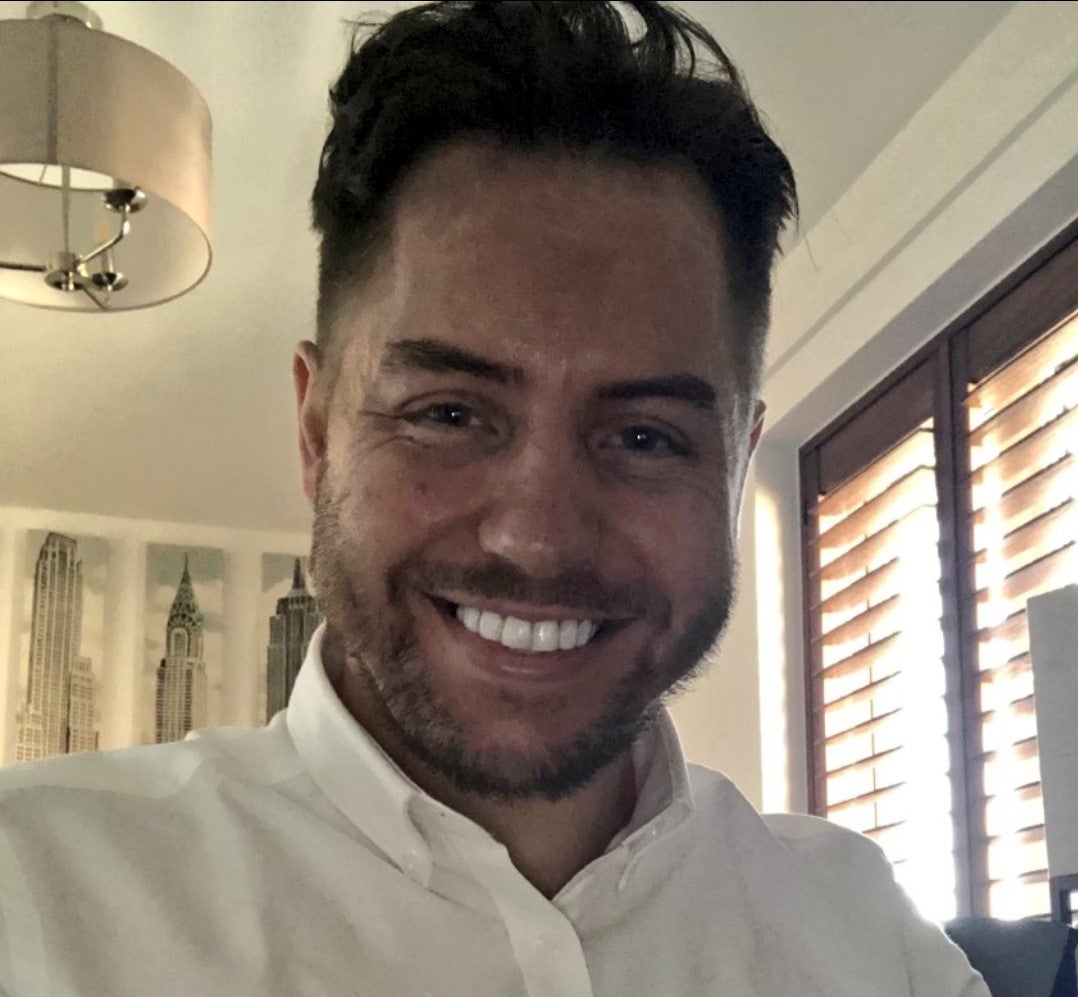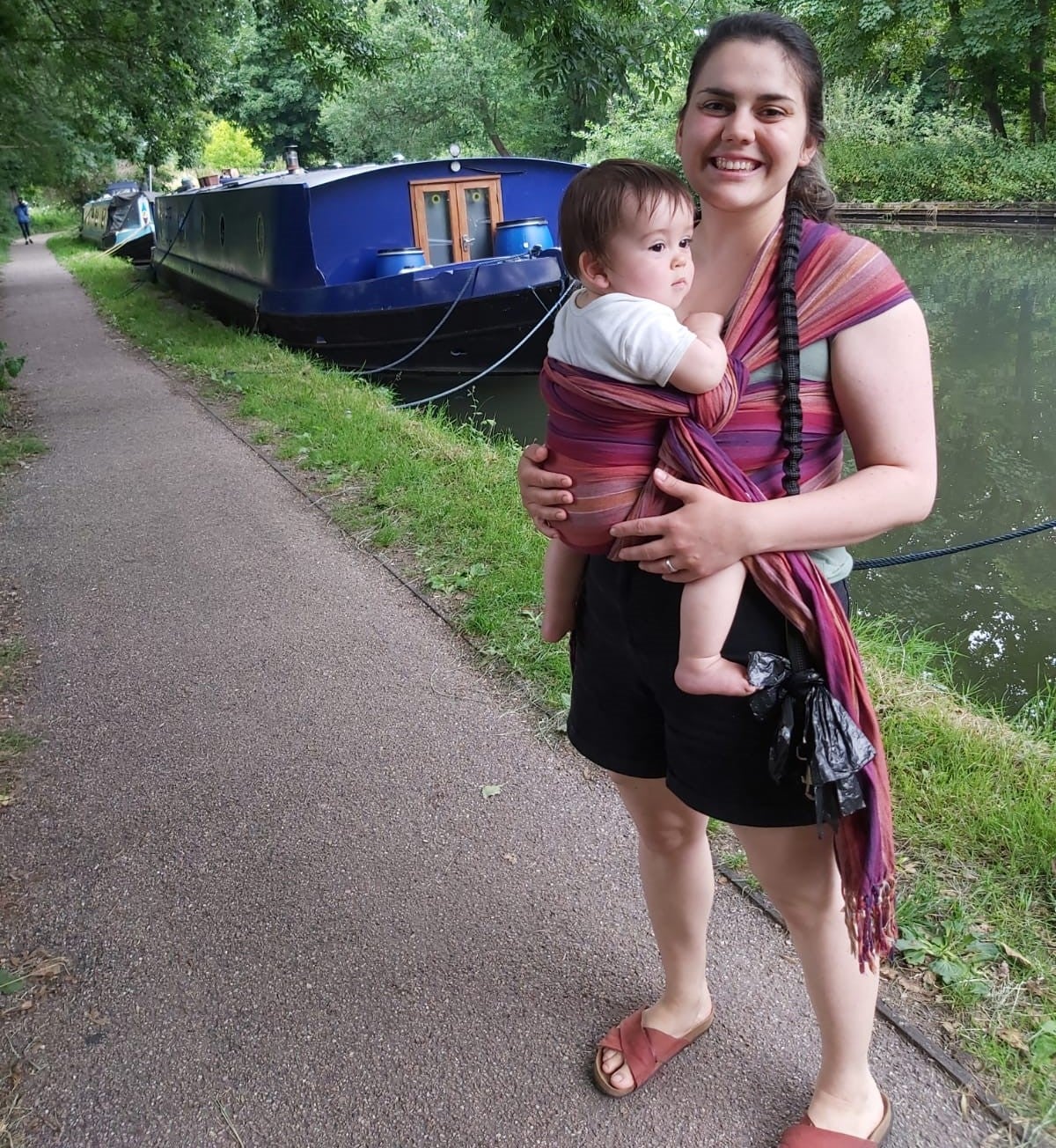UK GPs ‘refused registration to Gypsy, Roma and Traveller patients’ during Covid-19 pandemic
Exclusive: Health Secretary Sajid Javid is being called on to commit to ensuring all patients are able to access NHS healthcare

Your support helps us to tell the story
From reproductive rights to climate change to Big Tech, The Independent is on the ground when the story is developing. Whether it's investigating the financials of Elon Musk's pro-Trump PAC or producing our latest documentary, 'The A Word', which shines a light on the American women fighting for reproductive rights, we know how important it is to parse out the facts from the messaging.
At such a critical moment in US history, we need reporters on the ground. Your donation allows us to keep sending journalists to speak to both sides of the story.
The Independent is trusted by Americans across the entire political spectrum. And unlike many other quality news outlets, we choose not to lock Americans out of our reporting and analysis with paywalls. We believe quality journalism should be available to everyone, paid for by those who can afford it.
Your support makes all the difference.Gypsy, Roma and Traveller community members were refused care by British GP practices during the height of the Covid-19 pandemic in what has been described as a breach of equalities law, it has been revealed.
In a “mystery shopping” exercise conducted by Friends, Families and Travellers (FFT) – a leading national charity that works on behalf of Gypsies, Roma and Travellers – 74 out of 100 of GP surgeries appeared to break NHS England guidance by refusing to register a nomadic patient in March and April of this year.
The study further found that another 17 GP surgeries did not answer the phone despite receiving phone calls on three different dates and times from a mystery shopper.
The new findings suggests that inequalities in registration for people living nomadically have significantly worsened, pandemic notwithstanding, since the charity’s last report in 2019 which highlighted that 24 of 50 (48 per cent) GP practices contacted wrongfully refused to register a Romany or Traveller person.
Mattey Mitchell, the charity’s Health Campaigns Officer, said: “Access to healthcare for Romany and Traveller people has plummeted at a time when these communities need it most. NHS Guidance is very clear on this – we must take pains to protect the most marginalised in our society from the effects of the pandemic.
“We have seen great efforts on that front, and yet Romany and Traveller communities appear once again to have fallen through the cracks.
“It’s imperative that we address these inequalities and, more importantly, that we reflect critically on what this says about our collective values – is it permissible for any group in modern Britain to experience this level of exclusion?”

In the 2011 Census, 58,000 people identified themselves as Gypsy or Irish Traveller, accounting for 0.1 per cent of the resident population of England and Wales.
According to NHS guidelines, there is no requirement for patients to prove identity, address or immigration status to register with a general practitioner and applicants may also apply via post or online.
Despite this, the most common reasons for refused registration from the 74 GP practices were because the mystery shopper was unable to provide proof of identity, proof of fixed address or register online.
Romany and Traveller communities are known to face some of the most severe health inequalities amongst the UK population, even when compared with other ethnic minorities and other groups experiencing exclusion.
Friends, Families and Travellers is calling on newly appointed Secretary of State for Health and Social Care Sajid Javid to make a clear commitment to ensuring that patients who do not register online are still able to access all NHS healthcare supports.
The report also calls for NHS England and NHS Improvement to develop a national and local accountability framework for GP registrations, as well as to introduce contractual obligations for GP practices to register patients who choose to sign up through non-digital means, unless there are good clinical reasons against doing so.
Beccy — who lives in her van full time — told The Independent that the approach of some GP practices towards nomadic communities is “playing Russian roulette with people’s health and potentially lives”.
About three years ago, Beccy had been registered with a GP surgery who had given permission to register and use the address of the surgery as her postal address, allowing her to receive her medical post there.
However, after moving to a different area, the local surgery refused to register her without evidence of a fixed address.
“This practice makes something simple, such as accessing healthcare, more complicated and stressful than it needed to be.
“I was really disappointed that a place you would hope would be safe and welcoming were being so unhelpful,” she said. “My concern is for people who may have serious health conditions and be prevented from accessing healthcare.”
Lydia, a live-aboard boater, who resides with her husband Ryo and their child, said that when she became pregnant in 2019, the couple cruised between three cities, but struggled to register with GPs.
She said they had tried to register with at least five GPs, but said no one would take them on without evidence of a fixed address.
“We’re in this situation with a huge amount of privilege. We chose to be boaters, we chose a nomadic lifestyle and we had my parents’ address that we could use and a car to drive to the appointment,” she explained to The Independent, adding that she doesn’t claim to speak for the traveller community but wants to help raise awareness about this disparity.

“It’s obviously inconvenient and stressful but I’m hyper aware that my experiences don’t reflect those from across the Traveller community – lots of people are Travellers because that’s what their family are.”
“I felt frustrated and quite resentful knowing that I have every right to have local healthcare but being denied it and feeling quite helpless in that position,” she said.
Lydia said she also felt “a little bit scared because I’ve read a lot of the importance in continuity of care in midwifery and supporting women through birth”.
Domino, a boater who has been living nomadically across Bristol and London since 2019 and who has also been homeless, said he has tried to register with more than 20 surgeries, but has been turned down repeatedly due to having no fixed address.
“I was left without any support for about two years. It’s only been in the last two months after getting a registered address that I’ve been able to access GP healthcare – meanwhile both my physical and mental health were made worse for not receiving any primary care,” he said.
“In some cases, people have been openly hostile to me for challenging their assertion that they are entitled to refuse care to people with no fixed abode,” Domino added. “We’re meant to have universal healthcare in the UK; the whole situation is unnecessarily problematic and discriminatory for people who don’t have a fixed address.”
“There is often limited compassion and flexibility in the active refusal to comply with the duty of care,” he said. “It gets really demoralising to hear that you can’t register with GPs four or five times in a row when you’re finding it hard enough to get out of bed anyway, and you need emergency medication.”
An NHS spokesperson said: “The NHS in England is clear that everyone is entitled to access to a GP and is working closely with charities including Friends, Families and Travellers to increase the number of registrations through the GP access card scheme.”
Join our commenting forum
Join thought-provoking conversations, follow other Independent readers and see their replies
Comments